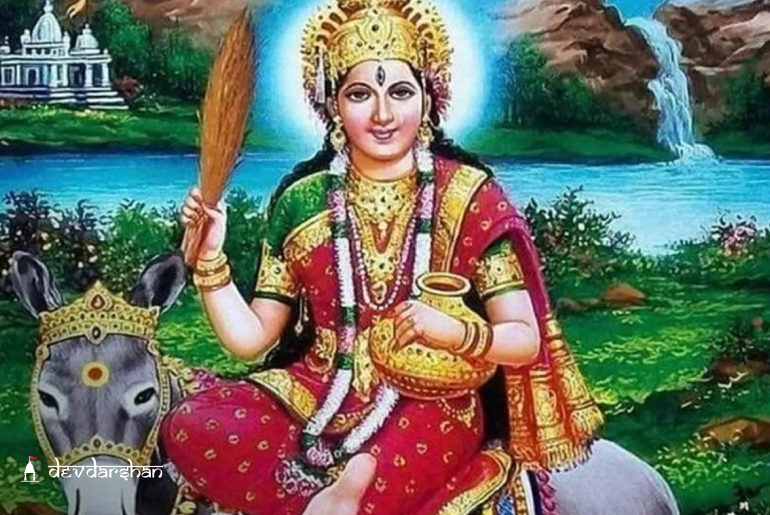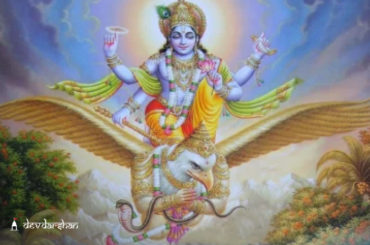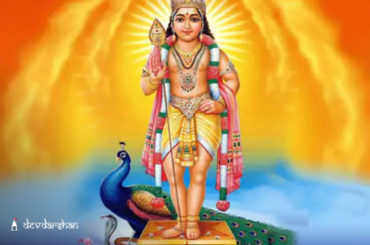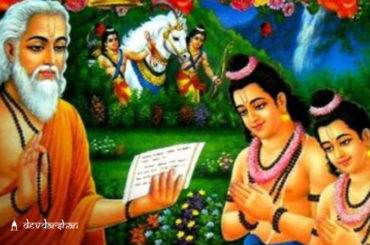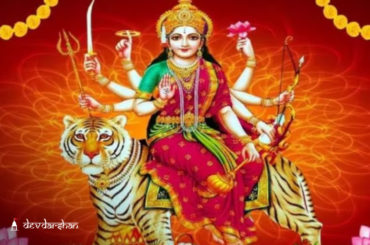Sheetla Ashtami is a Hindu festival celebrated across India and Goddess Sheetla is worshipped on this day. Sheetla Ashtami, also known as Basoda, is a Hindu festival dedicated to Goddess Sheetla, the goddess of smallpox, measles, and other diseases. It is typically celebrated on the eighth day (Ashtami) of the dark fortnight (Krishna Paksha) of the Hindu month of Chaitra, which falls in March or April according to the Gregorian calendar.
According to Hindu tradition, Goddess Sheetala is worshipped on the eighth day after Holi, on the occasion of Sheetala Ashtami. The Sheetla Ashtami is also known as Basoda Puja. This year 2023, the Sheetala Ashtami puja will be held on Wednesday, March 15, 2023.
This festival is mostly celebrated in the northern states of India like Rajasthan, Gujarat and Uttar Pradesh. On this day, Devotees conduct puja where the Holi pyre was burnt. It is also known as Basoda or Basora in the northern states of India.
This Basoda Puja is dedicated to Goddess Sheetala and celebrated on Krishna Paksha Ashtami after Holi. Usually, Sheetla Ashtami falls after the eight days of Holi but many people celebrate it on the first Monday or Thursday after the festival of Holi.
Also Read: Holi – The Festival of Colours
So now, let’s find out when is Sheetla Ashtami 2023. Significance of Sheetla Ashtami and know the auspicious timings in detail.
Sheetla Ashtami 2023: Date, Muhurat and Timings
This year, Sheetla Saptamii will be celebrated on Wednesday, March 15, 2023
- Ashtami Tithi Starts: 08:22 p.m on March 14, 2023
- Ashtami Tithi Ends: 06:45 p.m on March 15, 2023
- Sheetala Ashtami Puja Muhurat: 06:31 a.m to 06:29 p.m
Sheetala Saptami is on Tuesday, March 14, 2023
Significance of Sheetla Ashtami
In Hindu mythology, Maa Sheetala is well known to be an important Goddess. The Mother Goddess is seated on a donkey and has been portrayed holding a broom, soup, neem leaves and a pot. Her magnificence and powers have been explicitly explained in various religious scriptures.
In the Skanda Purana, the benefit of worshipping Sheetala Ashtami has been mentioned in great detail. According to Skanda Purana, Lord Shiva has written Sheetala Mata Stotra, which is popularly known as ‘Sheetalashtak’.
Sheetal Ashtami is specially dedicated to worshipping Mata Sheetala. According to the Hindu scriptures, it is said that Goddess Sheetala prevents as well as controls chickenpox, measles, smallpox and other various skin allergies and diseases. By worshipping the Sheetla Maa on this auspicious day, Devotees can prevent the outbreak of epidemic diseases in their family, especially among children and can protect them from such contagious skin diseases.
Also Read: Importance of MahaMritunjaya Yagya for Good Health
Sheetla Saptami Puja Vidhi
- According to tradition, on the day of Sheetala Ashtami, families do not light fire for cooking the meals.
- They, therefore, prepare all the food for the day in advance and consume the stale food on the Ashtami.
- Sheetla Ashtami is the only day when there is a unique custom of offering stale food to Sheetala Maa.
- On this day, Devotees get up early, before sunrise and take a bath.
- They visit the Sheetala Devi temple and worship Mother Goddess with ‘haldi’ and ‘bajra’.
- After performing the puja rituals, they listen to ‘Basoda Vrat Katha’.
- Then, ‘Rabri’, ‘curd’ and other essential things are offered to Maa Sheetala.
- Devotees also take blessings from their elders.
- After offering the prepared food to Mata Sheetla, the remaining food is consumed as Prasad and this is also known as ‘Basoda’ in the local language.
- The food is also distributed among other Devotees and also given to poor and needy people.
- It is also beneficial to recite ‘Sheetalashtak’ on this day.
Also Read: Sheetla Saptami – Significance and Important Rituals
What is the vrat katha regarding the Sheetla Ashtami?
The vrat (fast) katha (story) associated with Sheetla Ashtami is as follows:
Once upon a time, a king named Indradyumna ruled a kingdom. He and his queen were devotees of Goddess Sheetla. One day, the queen accidentally broke a clay pot that contained food prepared for Goddess Sheetla. As a result, the Goddess became angry and caused an epidemic in the kingdom. Many people, including the king and queen’s children, died of the disease.
The king and queen then performed a vrat (fast) and worshipped Goddess Sheetla with great devotion. They observed the vrat on the eighth day (Ashtami) of the Krishna Paksha) in the Hindu month of Chaitra. Pleased with their devotion, Goddess Sheetla revived their children and ended the epidemic in the kingdom.
Since then, it is believed that observing a vrat and worshipping Goddess Sheetla on Sheetla Ashtami can protect Devotees and their families from diseases. On this day, Devotees should typically avoid cooking fresh food and instead consume food that was prepared the previous day. They also visit temples dedicated to Goddess Sheetla and offer prayers and offerings.
Check out various Online Puja and services provided by DevDarshan here and get your bookings done in one click. If you want to know more about Indian culture, Indian Temples, Pujas and festivals, then download the DevDarshan App. Don’t forget to share this blog if you liked.
Disclaimer: Vrat Katha varies depending on region and religious belief.

